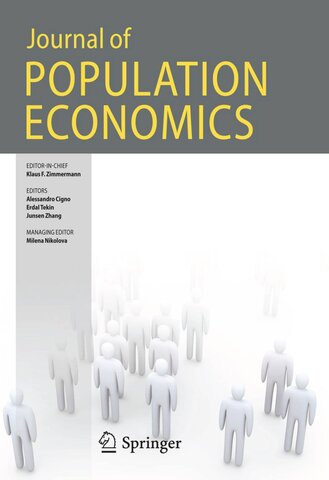This paper investigates the effects of a migration control policy in mega cities after 2014 in China on parent–child separation. One of the key initiatives of the policy is to restrict the access of migrant children to public education in cities. The authors employ two empirical approaches: one that leverages variations in policy implementation pressure across cities, and another that exploits variations in restrictions on migrant children’s access to education across cities and over time.
The authors found that the policy contributes to an increased probability of children being left behind. The impact is most salient among children from families of low socio-economic status and at the compulsory-education age. Little evidence indicates that the policy causes a change in the composition of the migrant families in cities.

